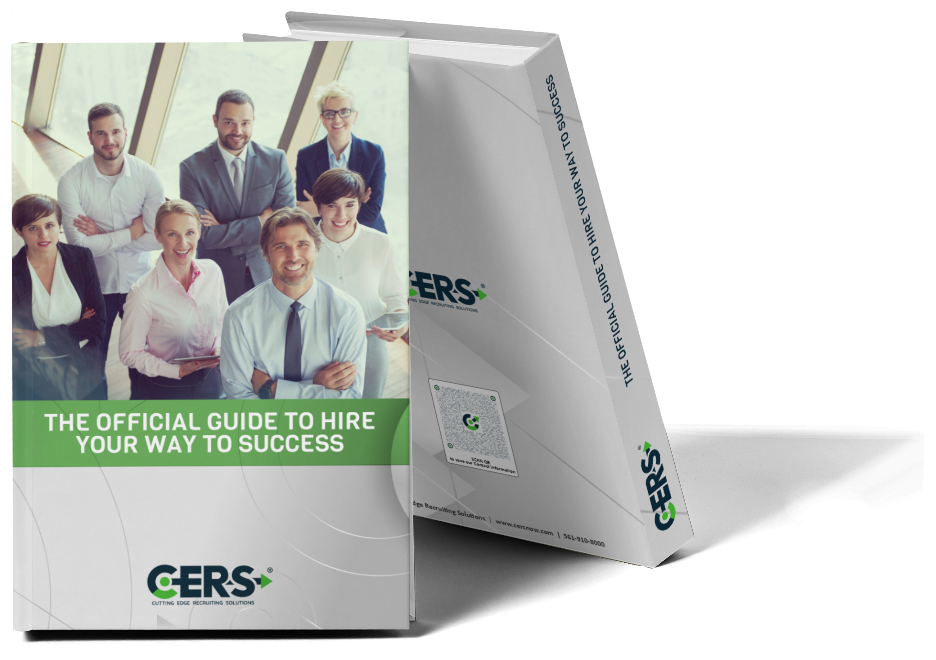What are the biggest employee-related mistakes employers make these days? And how can you defuse these potential time bombs before they explode into costly disputes? Here’s a quick overview of the top 10 employer mistakes — and how to avoid them.
- Failing to establish an effective sexual harassment policy.Supreme Court decisions hold employers liable for their supervisors’ actions unless complaining employees fail to take advantage of company complaint procedures. In light of these rulings, implementing policies and procedures for dealing with sexual harassment is more important than ever. It is also essential that supervisors be trained on these policies and procedures. Finally, an employer must act in a timely manner to investigate all sexual harassment complaints that are brought to its attention.
- Failing to pay overtime to nonexempt employees.Many employers pay employees a salary regardless of the number of hours they work and whether they are subject to the wage and hour laws. Unless they are exempt as administrative, executive or professional employees, you must pay them time-and-a-half their regular hourly pay for all hours worked in excess of 40 per week. When in doubt about whether an employee is exempt, pay him or her hourly wages. This will avoid having to pay back wages if you’re audited by the Department of Labor’s Wage and Hour Division.
- Failing to complete I-9 forms for new employees.Many employers merely photocopy employee-produced documents without filling out the parts of the forms that describe the documents. This can be a costly mistake if the Immigration and Naturalization Service audits you. (One employer was reportedly fined $100,000.) You are not required to photocopy employee-produced documents, but even if you do, you must fill out the forms completely.
- Failing to take and document disciplinary actions.Supervisors, not wanting to be perceived as villains, hate to write up employees. Then when the company can no longer tolerate unsatisfactory performances, the files do not document the poor records and you have no grounds on which to justify discharges. This leaves you open to lawsuits alleging discrimination. Employees who have been discharged for poor performance often have glowing evaluations in their files. This can expose you to lawsuits.
- Failing to quickly discharge poor performers.Employers are advised to progressively discipline employees and to give one warning too many rather than one too few. But often a time comes when failure to act is as bad as overreacting. If you have retained employees for many years despite poor attendance records, multiple infractions and even several “final” warnings in their files, you are asking for trouble. These employees are most likely to sue when finally discharged. The best course is to discharge a poor performer as soon as prudently feasible. The more seniority an employee has, the harder to justify discharging him or her.
- You must be sure that laying off a group of employees has no disparate impact on any protected group.To avoid lawsuits, verify that the group doesn’t contain a disproportionately high percentage of age protected employees or employees of a particular ethnic or racial group or sex compared to the rest of the workforce. The decision of who will be laid off should be based on objective criteria, such as qualifications, experience, and ability to perform certain work essential to the company. If the decision to lay off one employee as opposed to another is based on such criteria, make sure the file supports this decision.
- Failing to get a signed release from a terminated employee.As an employer, you may have a legitimate reason for terminating an employee. However, you fear a lawsuit if the employee is a member of a protected class. Many employers are reluctant to use releases because they fear the release may educate the employee about rights and litigation possibilities of which he might otherwise be unaware. But this may be a case of sticking your head in the sand. In light of media attention given to employment discrimination verdicts, employers should not rely on a hope that workers do not know their rights. The right approach to avoid litigation often is to get signed releases from departing employees, particularly if any severance or separation pay is provided to the employees.
- Conditioning employment offers on medical exams.The Americans With Disabilities Act (ADA) bars employers from asking applicants about their disabilities or requiring medical exams before offering employment. You can ask applicants to take job-relevant medical exams only after offering jobs. The burden is on you to establish the medical exam’s relevance to job requirements. In addition, employers often fail to accommodate their employees’ disabilities after they are hired. The ADA requires employees to reasonably accommodate their employees’ disabilities.
- Failing to take proactive steps to keep your workforce union free.Employers must constantly communicate with their employees to deal with their grievances. If employees do not believe their employer is interested in their issues, they may look outside the workplace for representation.
- Failing to retain labor and employment counsel to avoid making the first nine mistakes.The proliferation of complex statutes prevents most employers from keeping on top of employment law without professional help.
Robert Gilmore is a partner in the labor and employment practice at Cleveland-based Kohrman Jackson & Krantz. Robert can be reached via e-mail at rsg@kjk.com.
The information contained in this article is intended to provide useful information, but it should not be construed as legal advice. For specific legal requirements, please consult your attorney.








